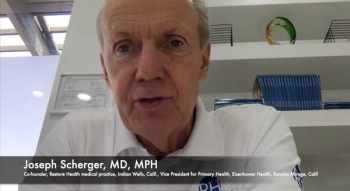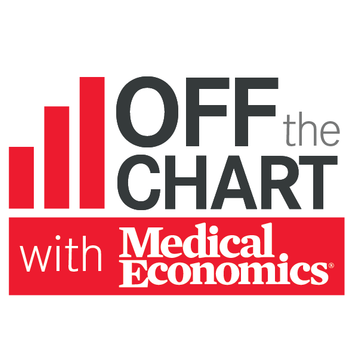
Declines in patient visits and revenues continue despite telehealth increase

Declines in patient visits and revenues continue despite telehealth increase

See if you can choose the correct codes.

Primary care physicians sometimes struggle to effectively treat patients with diabetes.

Joseph Scherger, MD, explains why

On November 10, the Supreme Court will hear arguments in a case challenging the constitutionality of the Affordable Care Act. What would it mean for health care if the Court overturns the law? In the first of two episodes addressing that question, Christine Eibner, Ph.D., an analyst with the Rand Corp. discusses the health policy implications of ending the ACA.

With infections on the rise at the start of flu season, the need for measures to limit transmission is as strong as ever.

The main reasons people ages 18-64 do not have insurance

Data from the COVID tracking project on coronavirus cases, test results and more

Body fat in the gut is a driver of numerous chronic diseases

A government alert warns of an increased and imminent cybercrime threat against U.S. hospitals and healthcare providers.

The interim final rule with comment period would make the vaccine free to patients on Medicare and on most private health plans.

Data from the COVID tracking project on coronavirus cases, test results and more

Joseph Scherger, M.D., is fighting back against the unhealthy Western diet and lifestyle

Will you have to deal with these codes on All Hallows Eve?

We need to rethink reimbursement for doctors and how patients are treated in the U.S. health care system.

The next frontier of software to reduce physicians’ documentation burdens

Reduced volume, decreased revenue, and increased expenses due to the COVID-19 coronavirus pandemic are to blame.

Data from the COVID tracking project on coronavirus cases, test results and more

Diet changes could improve chronic disease

With a defined set of best practices, replicable estimates of the monetary value is achievable

In a letter to congressional leaders of both parties, the heads of four healthcare organizations asked for an extension of the moratorium on Medicare sequester cuts until the end of the COVID-19 pandemic.

What should we do about physician burnout? How can we create a health care system that supports our physicians?

Data from the COVID tracking project on coronavirus cases, test results and more

Looking beyond telehealth to humanize virtual care

The role of grain in chronic disease

The pandemic is changing the way we celebrate Halloween this year

The approval does not cover use with the entire population covered under the prior emergency use authorization.

Data from the COVID tracking project on coronavirus cases, test results and more

The goal of Restore Health is to provide an alternative to the traditional approaches to preventing the onset of chronic diseases

What you need to know to protect your practice.